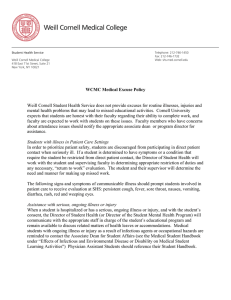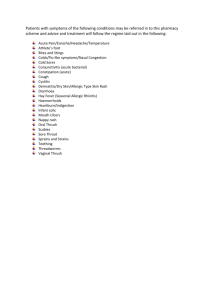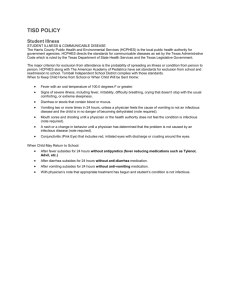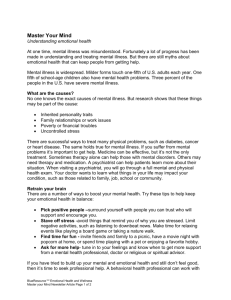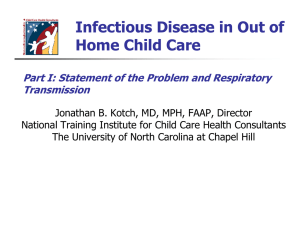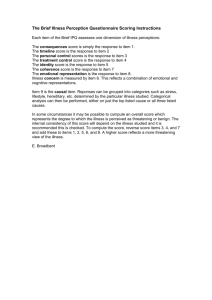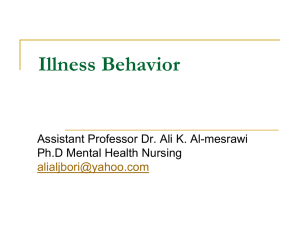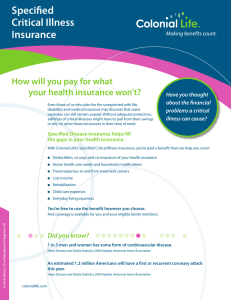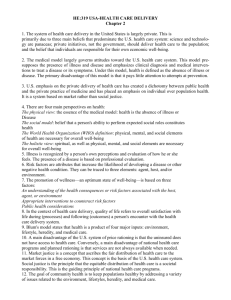Health advice for young children
advertisement
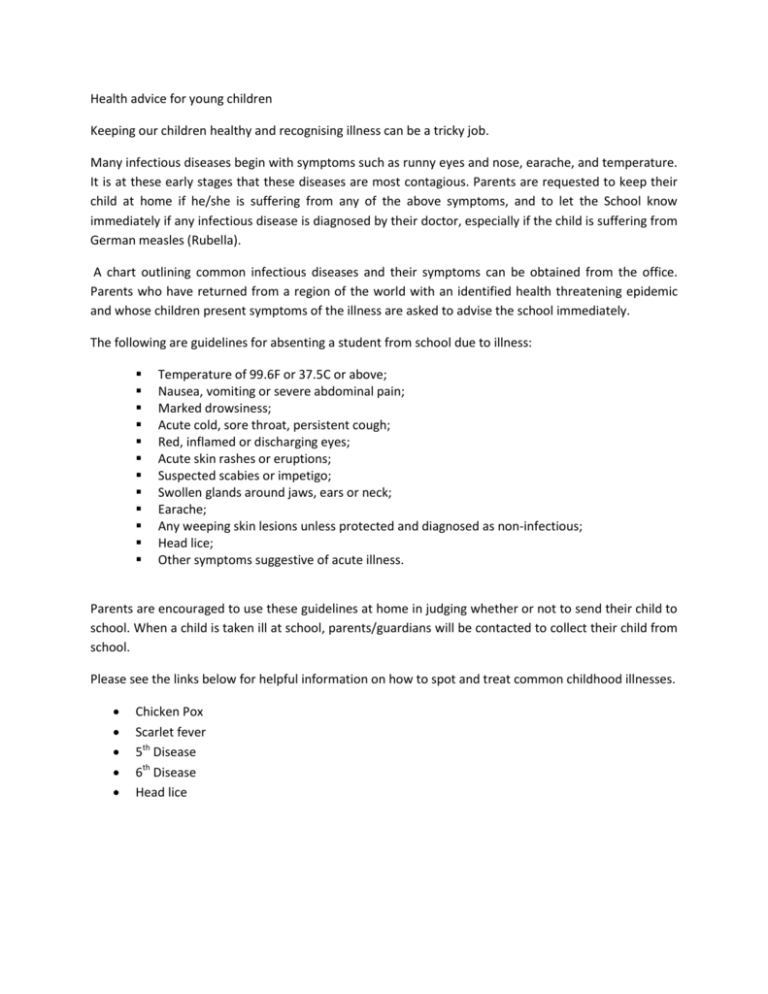
Health advice for young children Keeping our children healthy and recognising illness can be a tricky job. Many infectious diseases begin with symptoms such as runny eyes and nose, earache, and temperature. It is at these early stages that these diseases are most contagious. Parents are requested to keep their child at home if he/she is suffering from any of the above symptoms, and to let the School know immediately if any infectious disease is diagnosed by their doctor, especially if the child is suffering from German measles (Rubella). A chart outlining common infectious diseases and their symptoms can be obtained from the office. Parents who have returned from a region of the world with an identified health threatening epidemic and whose children present symptoms of the illness are asked to advise the school immediately. The following are guidelines for absenting a student from school due to illness: Temperature of 99.6F or 37.5C or above; Nausea, vomiting or severe abdominal pain; Marked drowsiness; Acute cold, sore throat, persistent cough; Red, inflamed or discharging eyes; Acute skin rashes or eruptions; Suspected scabies or impetigo; Swollen glands around jaws, ears or neck; Earache; Any weeping skin lesions unless protected and diagnosed as non-infectious; Head lice; Other symptoms suggestive of acute illness. Parents are encouraged to use these guidelines at home in judging whether or not to send their child to school. When a child is taken ill at school, parents/guardians will be contacted to collect their child from school. Please see the links below for helpful information on how to spot and treat common childhood illnesses. Chicken Pox Scarlet fever 5th Disease 6th Disease Head lice
